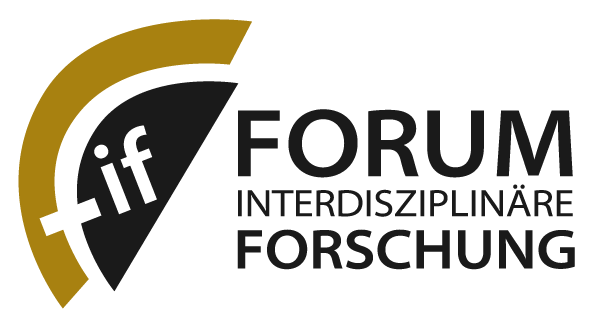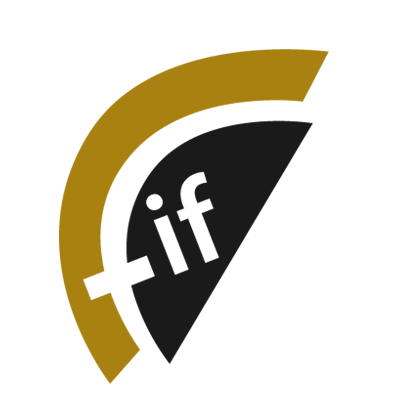Below you will find a list of past topics:
The Internet has not only facilitated high-speed communication channels worldwide. The new technology also involves risks that create new challenges for business, politics and science and ask for answers. As a result the Internet has more and more turned into a scene of crime and warfare – data is spied out, cracked, blocked and destroyed.
In cooperation with the research group of IANUS, FiF continued to offer a debate forum for topics defined by the terms “cyberwar” and “cybersecurity”. These topics included the offensive and defensive military dimension of information-processing technologies, technical preconditions for confidence-building and armament-related control measures, the conflict-escalating and potentially peace-endangering use of information and communication technologies on state and sub-state level (through sabotage e.g.), vulnerability and protection of critical digital infrastructure, the function of virtual networks for dealing with civil conflicts, emergency management in the event of cyber-attacks, the secure transfer of critical information between states and/or between state-owned and private institutions (whistle-blowing e.g.), the use of virtual networks for civil conflict management.
A number of researchers at TU Darmstadt are not only engaged in the development of Serious Games, they are also constantly testing and improving them in a wide range of different fields of application.
Dr. Stefan Göbel / Head of the Serious Games research group
Phone: +49 6151 1620390
serious-games@fif.tu-… or
stefan_peter.goebel@tu-…
Visit the Website of Serious Games andGameDays for more information.
FiF funded research projects about Serious Games
Energy is one of the long-term thematic priorities that FiF continuously focuses on. It cooperated with the Darmstadt Energy Centre as well as with researchers at Virginia Tech (Blackburg) when mapping the topic. The spectrum of the funded projects ranges from the reactivation of apparently obsolete technologies (“Return of the Mills?”) to the risk evaluation of future technologies (“Peaceful Fusion?”).
The university is dedicated to research and teaching. Teaching, however, profits from research, based on teaching itself. For teaching and learning, the technological changes, especially in the context of digitalisation, create a challenge that has to be planned and managed in a sensible way. The questions that are raised here are explicitly related to media education and computer science, but also, of course, to a number of subject didactics.
As in the past, FiF is actively involved in a series of events, which it supports as a cooperation partner, in order to present and discuss the topic in a dialogue between the disciplines. The intention is to explore and bring together overall interdisciplinary perspectives on teaching-learning-research.
Scientists feel obliged to justify the content of their research and either to promote it appropriately themselves or at least to cooperate with intermediary bodies such as the media, cultural and educational institutions. In addition to deciding which topics of a discipline might be interesting and relevant for a non-professional audience (or even for colleagues from other disciplines), disciplines must also continually examine why specific topics are considered to be more or less relevant within the science community. Furthermore, certain topics (and also certain disciplines) are more appropriate for popularisation and representation than others.
The series of SciCore workshops investigated the question which forms of knowledge, media and text formats, technologies of data processing, linguistic-discursive popularisation strategies and political-historical legitimation processes characterise human and social science disciplines and differ from experimental and technological sciences.
There is no other concept that has so permanently influenced interdisciplinary research by opening up the philosophical key question of the nature of the subject as that of subjectification. Anyone who is convinced that subjects are not simply “there”, but are the product of processes of self-creation and self-forming, cannot simply refer to arguments of transcendental philosophy, verbal analysis or phenomenology, but must examine the techniques which are involved in these processes.
These are often techniques in a wide sense, which allow to understand intelligence and competence tests, feedback and communication procedures, methods of self-management, coaching and training to be understood as techniques of subjectification.
Book tip: Techniques of subjectification, Thomas Alkemeyer / Andreas Gelhard / Norbert Ricken (eds.), Wilhelm Fink Verlag, 2013 (opens in new tab)
Network: DFG network “History of examination techniques 1900 to 2000” (Project number 252697240)
Water has long been the subject of research in many disciplines at TU Darmstadt. A large number of participants concentrate their professional competencies in the field of technical water infrastructures and the sustainable management of water resources, but also to study the scientific, historical and political aspects of the topic. FiF seeks to pick up these aspects, bring them together, initiate joint projects and convert them into long-term strategies. The purpose is to support the actors in the development of an interdisciplinary research focus on water.
Already in 2011, FiF, together with the working group “Water and International Development”, has established first contacts with other scientist and research groups at a “FiF on site” meeting and is trying to find potential synergies.
In a second step, a networking meeting of the participants at TU Darmstadt is in preparation. It aims to give them the possibility to get to know various research profiles and research fields and to encourage interdisciplinary cooperation.



